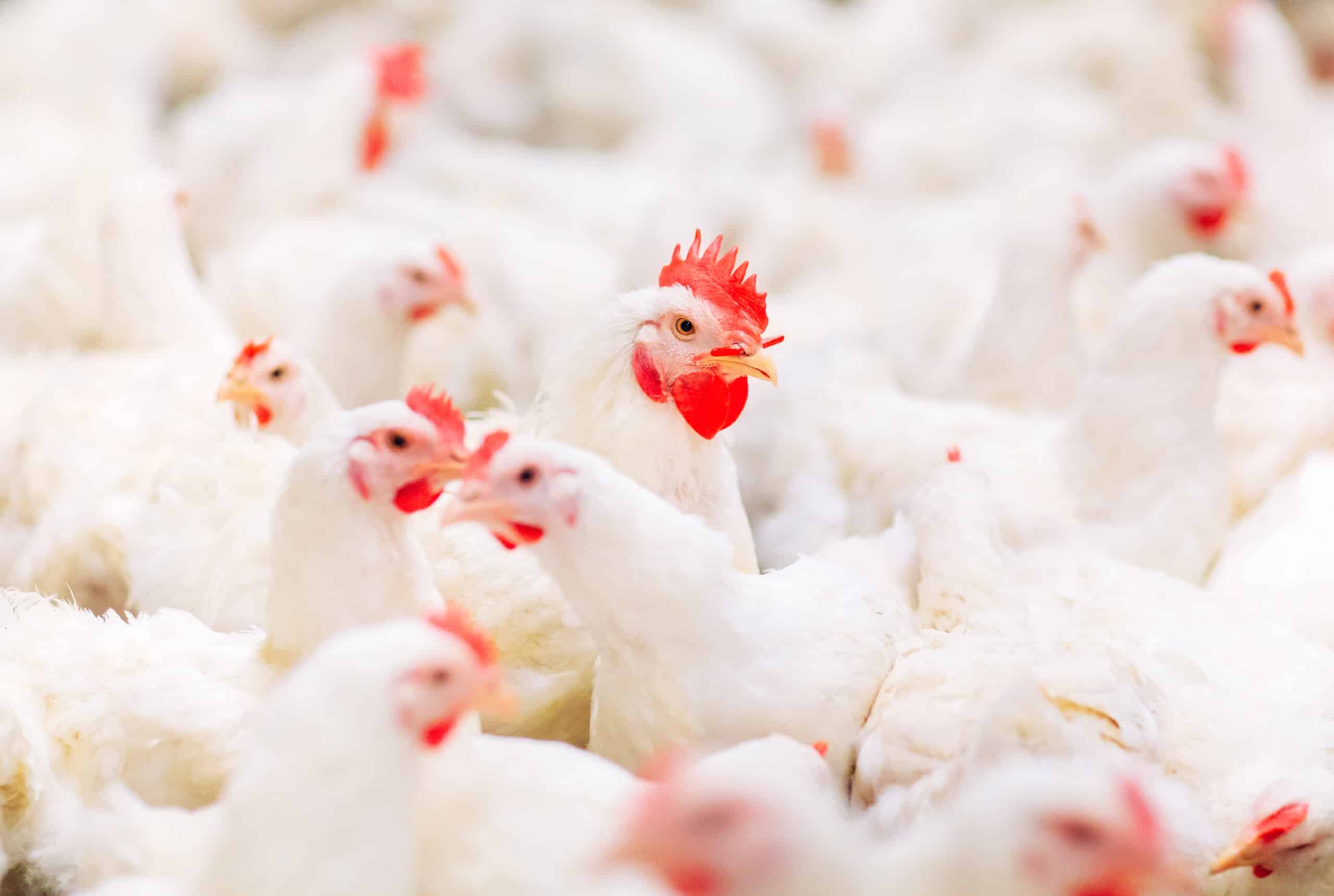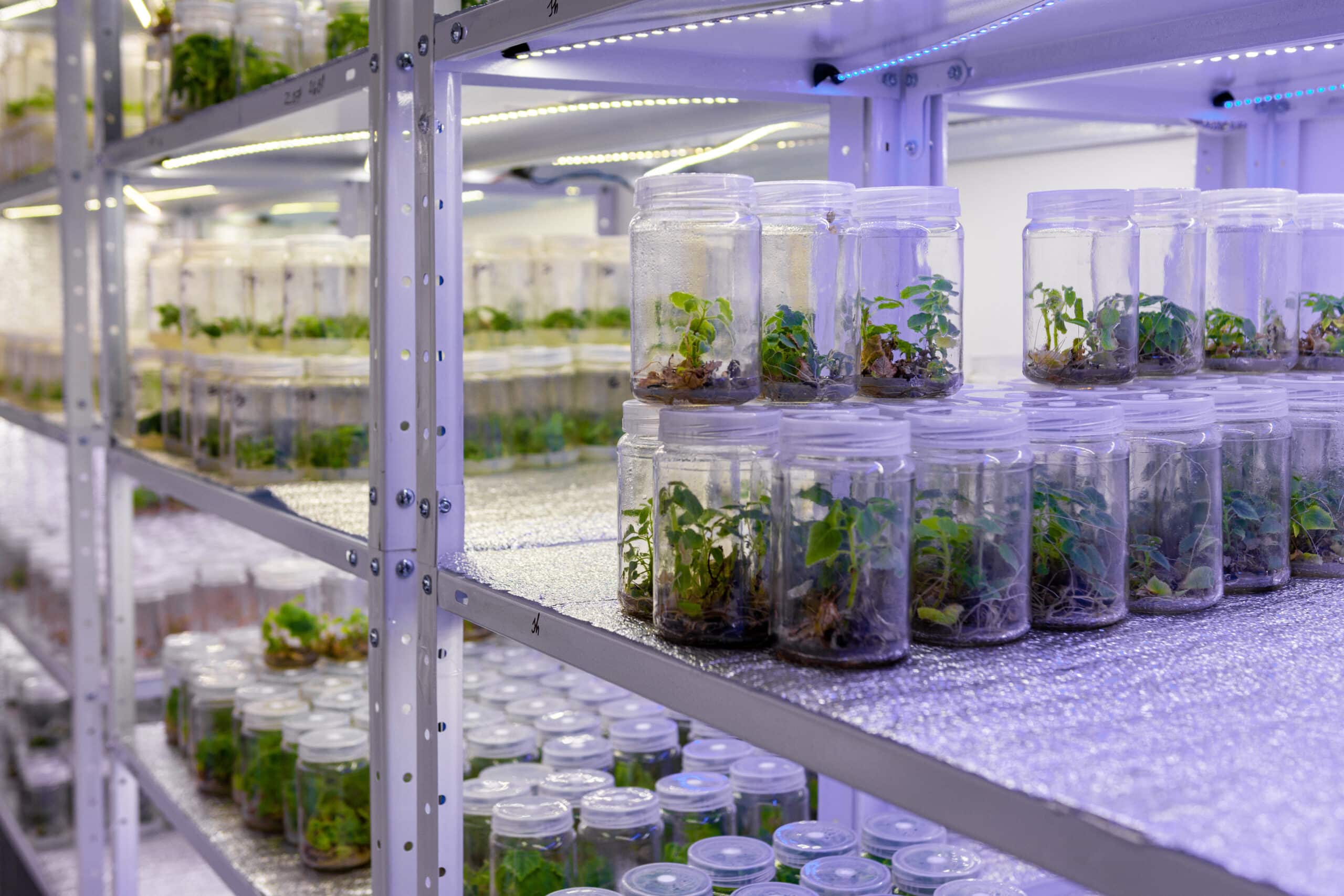As ecological challenges mount, the agricultural industry is turning to innovative agtech to reduce its environmental impact. In particular, weed management and the use of chemical herbicides has been singled out by experts as an area in need of improvement.
With nearly 40% of the world’s land mass dedicated to farming, the impacts of using herbicides reach far beyond our fields and into the wider ecosystem. While critics have long derided the use of herbicidal weedkillers for being inefficient, unsustainable, and ecologically harmful, it is only recently that more sustainable, technological solutions have emerged to provide a long-term solution to the weed control issue.
What’s wrong with herbicides?
Since their development in the mid-20th century, herbicides have revolutionised agricultural output. By eradicating weeds, farmers were able to produce food that was healthier and more plentiful. Weed control for staple crops (such as corn, wheat, and rice) was revolutionary and provided a resilient food supply chain for the masses.
However, in the intervening years, the ever-expanding agricultural sector has led to global chemical pollution from herbicides, pesticides, and fertilisers. Farms heavily rely on chemical sprays, with most of the chemicals remaining in soils, running off into waterways, and potentially leaching into the local ecosystems. Herbicides also deplete water resources, threaten biodiversity, and contribute to climate change. Ultimately, this is not sustainable.
Agtech solutions to herbicides
Weed control is an agricultural necessity. If growers were to simply stop using herbicides the subsequent impact on food production could cause a global food security crisis. Instead, producers require innovative agtech solutions that can apply herbicides more sustainably, or outright replace them. But this is easier said than done. The challenges that agtech faces are far from simple – researchers must consider resource use efficiency, sustainability, productivity, quality, and profitability.
However, a number of recent technologies meet most or all of these requirements:
Precision spraying has emerged as a result of advancements in artificial intelligence (AI). This process consists of software that can scan farmland, identify weeds in the ground and spray a precise amount of herbicide onto individual weeds, rather than spraying entire fields. While these technologies are still early in their development, use of precision spraying has begun in the US, and manufacturers claim that it can reduce herbicide use by two thirds.
Non-chemical weeding is being revolutionised by the advent of robotics and artificial intelligence. Although still in its nascent stage, automated robots, guided by AI, can physically remove or kill weeds without the need for herbicides, often with impressive precision and efficiency.
Drones represent one of the more accessible and transformative technologies for efficient weed management. Their high-resolution imaging capabilities facilitates the easier monitoring of weed growth patterns and allows for earlier detection and intervention. Additionally, their ability to fly directly above crops and follow specific predefined flight paths enables targeted application of herbicides, minimizing over-spray and reducing the amount of chemicals used. They can also simplify what is often a time-consuming and labour intensive activity, without causing soil compaction, which stunts plant growth.
Gene editing technologies such as CRISPR offer a powerful solution for reducing agricultural dependence on herbicides. Although still a contentious topic, with gene editing crops can be engineered to compete against weeds, reducing the need for chemical interventions. This could mean creating crops that grow faster or taller to outcompete weeds for sunlight, or plants that can release substances that inhibit weed growth.
Balancing innovation with information
Emerging technologies represent some of the most exciting and potentially transformative opportunities for food producers. But with new agtech solutions coming onstream everyday, knowing which technologies can best support your business is no mean feat.
At Farrelly Mitchell, we provide vital guidance on the implementation and feasibility of new technologies. Our agtech consultants help businesses develop and execute strategies that take advantage of the latest technologies while optimising their processes and improving regulatory compliance.
To find out how our agtech experts can empower you to make the right decisions, contact us today.














